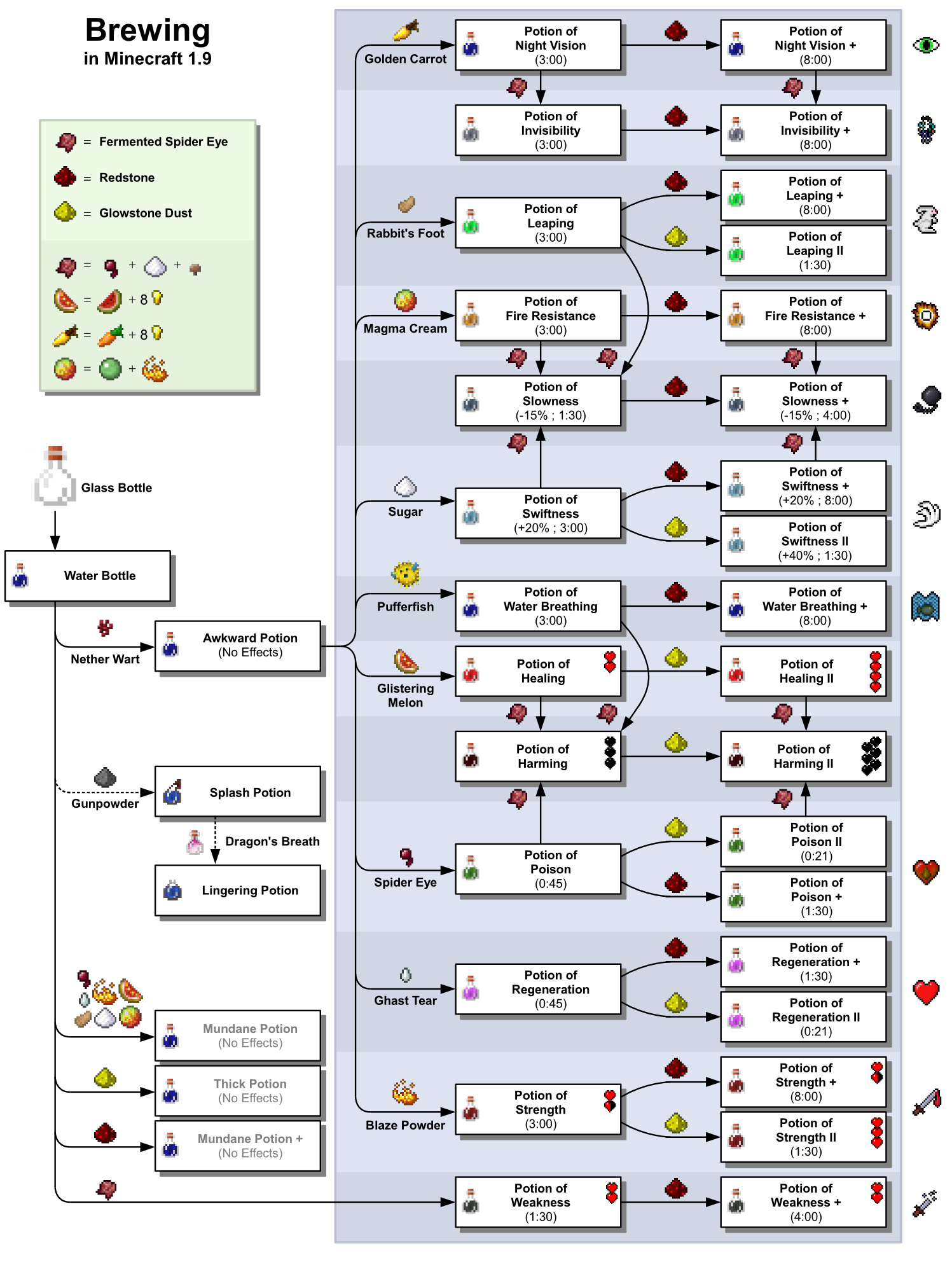Introduction
The comparison of Mauritius and Libya brings to light two distinct nations situated in different parts of Africa. Mauritius, an island nation in the Indian Ocean, is renowned for its stunning landscapes, diverse culture, and robust economy driven by tourism and agriculture. In stark contrast, Libya, located in North Africa, is rich in oil resources but has faced significant political and social challenges in recent years, impacting its development and international relations. Understanding the differences and similarities between these two countries can provide valuable insights into Africa’s diverse cultural and economic landscape.
Geographical and Demographic Overview
Mauritius covers an area of approximately 2,040 square kilometers and has a population of about 1.3 million, predominantly consisting of people of Indian, African, French, and Chinese descent. Known for its beautiful beaches and coral reefs, the country benefits from a tropical climate and a rich biodiversity.
Libya, on the other hand, is much larger, with an area of about 1.76 million square kilometers and a population of around 7 million. The majority of the population is Arab-Berber, and the country is characterized by vast desert landscapes interspersed with coastal areas. Despite its size, the nation’s demographics are heavily influenced by its urban centers, especially the capital, Tripoli.
Economic Comparison
The economies of Mauritius and Libya are fundamentally different. Mauritius has transitioned from a low-income economy to an upper-middle-income nation, primarily supported by tourism, textiles, and financial services. The government has emphasized economic diversification and promoting a stable environment for foreign investment.
Libya’s economy heavily relies on oil exports, which account for more than 90% of its revenues. The country possesses the largest oil reserves in Africa. However, ongoing political instability and conflict have hindered economic growth and infrastructure development, leading to a challenging business environment.
Cultural Aspects
Culturally, Mauritius is a melting pot, with festivals and traditions reflecting its multicultural population. Hinduism, Islam, and Christianity coexist, resulting in vibrant celebrations that include Diwali, Eid, and Christmas.
In Libya, the culture is predominantly Islamic, with deep-rooted traditions and customs influenced by Arab and Berber heritage. Despite facing modern challenges, Libyan culture is rich in history, with ancient sites such as the Roman ruins of Sabratha and Cyrene.
Conclusion
In conclusion, while Mauritius and Libya are both African nations, they present unique contrasts in geography, economic structure, and cultural diversity. Mauritius exemplifies a successful model of economic development and cultural harmony, while Libya showcases the complexities arising from political turmoil and resource wealth. Understanding these differences is essential for anyone seeking to comprehend the broader context of African nations and their paths toward growth and stability. Looking ahead, both countries have potential areas for development, and fostering international relationships can play a crucial role in their futures.


